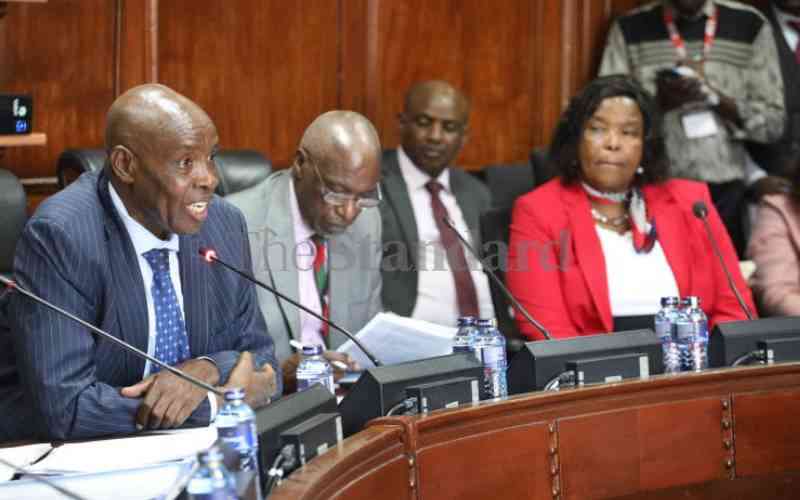×
The Standard e-Paper
Join Thousands Daily

A probe into the closure of Kenyatta University campuses exposed the rift between the former Vice Chancellor Olive Mugenda and current VC Paul Wainaina.
The university administrators tore into each other on who is supposed to carry the blame for the closure of Kigali and Arusha campuses that led the government to lose hundreds of millions in the process.